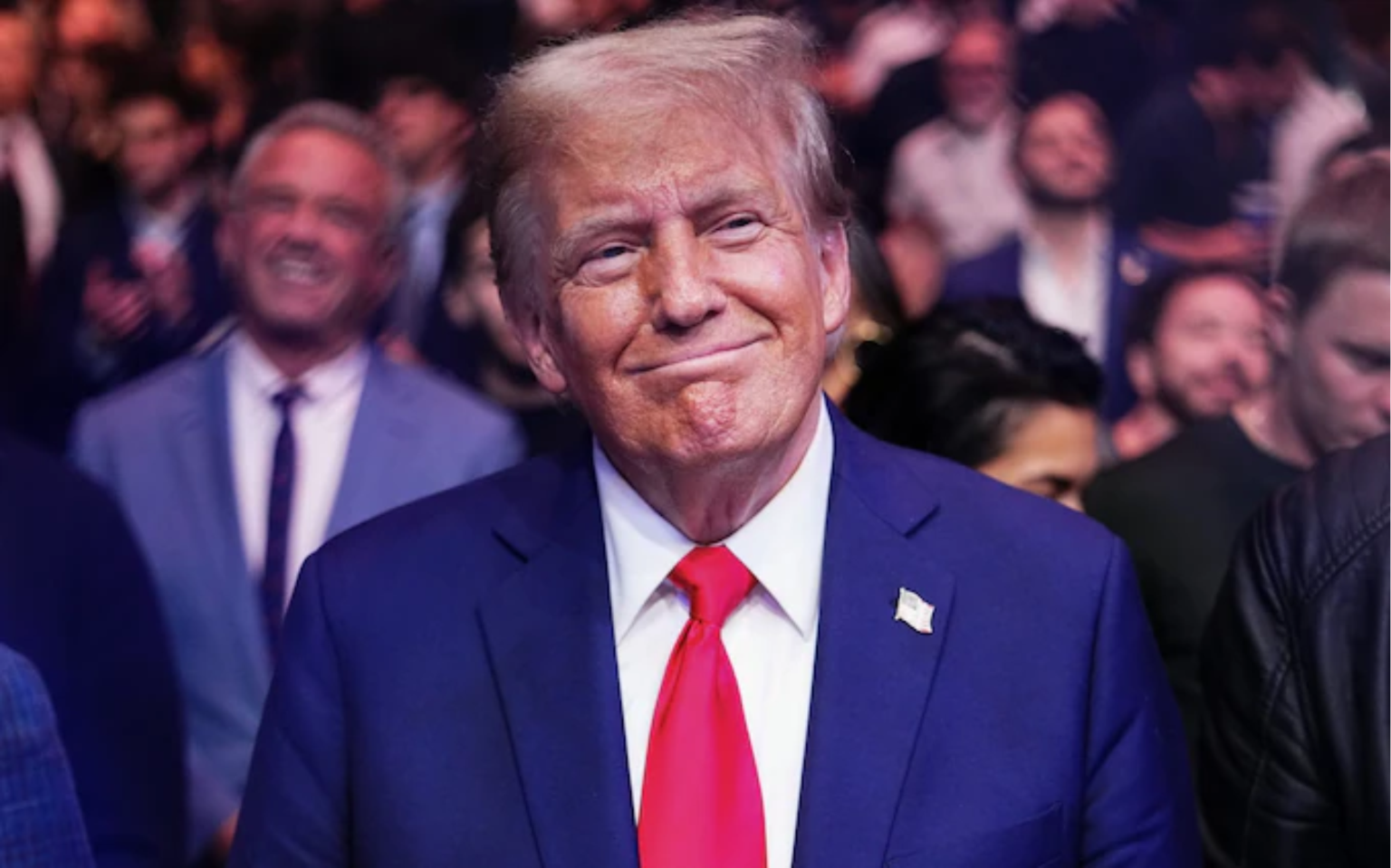President Donald Trump has signed a proclamation introducing an annual fee of $100,000 for H-1B visa applications, a move that could have significant repercussions for the US technology sector, which depends heavily on skilled workers from India and China.
US Commerce Secretary Howard Lutnick confirmed the measure at a press briefing on Friday, saying that “all the big companies” had been informed. Speaking alongside the president at the Oval Office, Lutnick said: “A hundred-thousand dollars a year for H-1B visas, and all of the big companies are on board. We’ve spoken to them. If you’re going to train somebody, you’re going to train one of the recent graduates from one of the great universities across our land. Train Americans. Stop bringing in people to take our jobs.”
The H-1B programme, which grants 65,000 visas annually for temporary foreign workers in specialised fields, with an additional 20,000 for those holding advanced degrees, is used extensively by technology companies. Government data show that about two-thirds of H-1B roles are in computing, though the visas are also used to recruit engineers, educators and healthcare professionals.
In the first half of 2025, Amazon secured more than 10,000 H-1B approvals, while Microsoft and Meta Platforms each obtained over 5,000. Critics of the programme, including some US technology workers, argue that it enables companies to suppress wages and overlook qualified Americans. Supporters, such as Tesla chief executive Elon Musk, contend that it brings in highly skilled talent essential for innovation and competitiveness. Musk, a naturalised US citizen born in South Africa, previously held an H-1B visa.
Venture capitalist Deedy Das warned that the new fee would deter global talent. Writing on X, she said: “If the US ceases to attract the best talent, it drastically reduces its ability to innovate and grow the economy.” The increased cost is expected to hit smaller technology firms and start-ups particularly hard.
Lutnick defended the measure, saying: “Either the person is very valuable to the company and America, or they are going to depart and the company is going to hire an American. And that’s the point of immigration. Hire Americans and make sure the people coming in are the top, top people. Stop the nonsense.”
Immigration law specialists have questioned whether the executive branch has the authority to impose such a fee. Aaron Reichlin-Melnick, senior fellow at the American Immigration Council, said on Bluesky: “The president has literally zero legal authority to impose a $100,000 fee on visas. None. Zip. Zilch. The only authority Congress has ever given the executive branch here is to charge fees to recover the cost of processing the application.”
Currently, H-1B applicants pay a small fee to enter a lottery, with further charges of several thousand dollars if selected. Most fees are paid by employers, and visas are typically valid for three to six years.
The move is the latest in a series of measures by the Trump administration to restrict or raise revenue from legal immigration. Last month, the US began a pilot scheme allowing consular officers to require bonds of up to $15,000 for tourist and business visas from countries with high overstay rates or limited vetting data. In June, a travel ban was imposed on 19 nations. During Trump’s first term, several attempts were made to tighten H-1B rules and prioritise higher-paying employers, though these were blocked in federal court.



